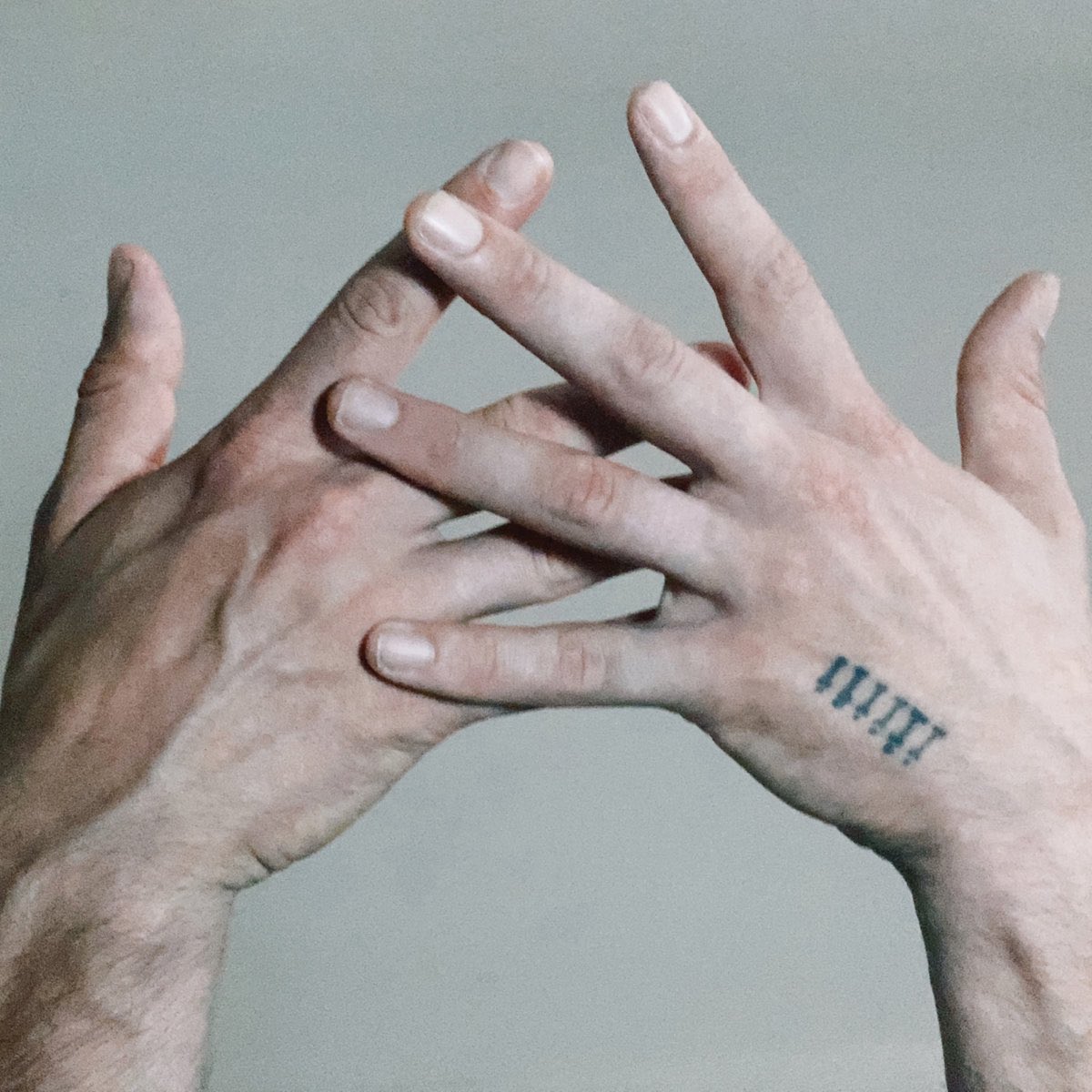Alabaster DePlume
A Blade Because a Blade Is Whole
INTERNATIONAL ANTHEM
English saxophonist and poet Alabaster DePlume has spent years asking the same question: “What do people need?” Since releasing his last two records—the affirming, spontaneous celebrations that were 2022’s Gold and 2023’s Come with Fierce Grace—he’s been seeking the answer, even asking his audience directly during his live sets. The word that kept coming up was “healing”—a deceptively simple call. DePlume began his journey in healing with a set of companion pieces, both released in 2024: his debut poetry collection, Looking for My Value, and the Cremisan: Prologue to a Blade EP, which was partially recorded in Bethlehem. He explored the subject of healing through music, through extensive reading and writing, and through martial arts—particularly jiu jitsu. He took to his longtime musical home, the South London art space and recent Blue Note compilation subject Total Refreshment Centre. There, he began working on a new record.
On A Blade Because a Blade Is Whole, DePlume weaves a tapestry of sounds—spiritual jazz, folk, contemporary classical, spoken word, and beyond—into a potent missive of grace. The album opens with a Greek chorus on the stirring, wordless evocation “Oh My Actual Days,” grounded in rumbling drums and building through the swell of Mikey Kenney’s fiddle and Macie Stewart’s strings. The ritual setting is a welcoming guide into “Thank You My Pain,” a meditative jazz fusion piece with lyrics inspired by the writings of Thích Nhất Hạnh. “Thank you my pain for coming again when so often I turn away,” DePlume recites. Meanwhile, his tenor flutters and soars, as if emerging from a chrysalis.
Like a koan, the title A Blade Because a Blade Is Whole explains itself while posing a multitude of questions. A blade can harm, but it can also be an instrument of healing and release; in DePlume’s own words, “the blade that divides is whole.” These central dualities inform the record, as DePlume holds and uplifts contradictions hand in hand. Urgent, expansive numbers like “Salty Road Dogs Victory Anthem” flow alongside minimalist tracks like “Too True,” which finds DePlume on vocals and guitar accompanied only by Hannah Miller on cello. Elsewhere, “A Paper Man” evokes John Lurie and Morphine with its heavy textures and a driving bassline as DePlume offers a parable for dignity, reconciliation, and recognizing and ceasing harm. These, DePlume argues, are necessary components of the healing process.
By the closing number “That Was My Garden,” this message is distilled into its purest form through an extended metaphor, an evocative refrain: “That was not a car park, that was my garden.” It’s a song of acknowledgement, of standing up for yourself, but it’s also a song of loss. “I think of the flowers I could’ve had, and I feel grief. Feeling my grief, I heal,” DePlume has said of the track. Another paradox, to explore the complexity of the human condition in such simple language—and, like a blade, it cuts through.







